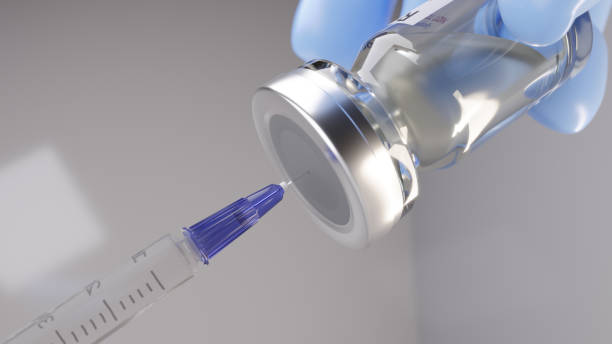
mRNA Potential for PCD
There are several opportunities coming up in the very near future, in the US, Canada, and Europe (and possibly other countries) for mRNA therapies for PCD.
We are planning a town hall this month to discuss what is on the horizon, what the community needs to do to facilitate these studies, and what we can expect in the near future.
To begin with, researcher and study sponsors need to determine what outcomes/endpoints will satisfy regulatory agencies in various regions. To get a drug approved, it is not enough to show that it is safe. You also need to show that it makes a meaningful change in the disease in question. PCD is challenging, since there is no identifiable pattern to FEV1 (a major endpoint), exacerbations, or imaging in PCD patient, unlike in other respiratory diseases. So we are going to have to get creative. Fortunately, some very smart people from around the world are working on this right now.
What does this mean for the PCD community:
1. We have to do a pre-study or studies in preparation for the mRNA studies. These are studies that will demonstrate it is possible to find endpoints that are actually measurable in PCD. Endpoints are the data elements that demonstrate improvement from a therapy or intervention. Examples are mucociliary clearance, imaging, spirometry, etc. These pre-studies will assess which endpoints are the most reliable for therapeutic trials. The first of these pre-studies, which may be referred to as natural history studies (not to be confused with the long-term natural history collected in a registry) need to be done in adults, since the first mRNA therapy trials will start with adults for safety reasons.
2. In the very near future, adults with PCD will be asked to participate in studies as described above. This may require travel and it may require the sacrifice of personal time, but we REALLY, REALLY need to do this. We are in danger of losing interest from mRNA companies if we cannot recruit enough patients for studies and that would be a tragedy for all of us.
This is a tough thing for our community. There are not enough PCD people in any one area to do studies–there are not a lot of us at all–so we have to go to extra lengths to participate in trials. When travel is required, costs for participation will be covered, but time off of school or work can also be challenging. Sometimes, despite strong desire to participate, it just is not feasible to be in a study and we totally understand that. If you have the ability to participate at all, though, this is the time to get involved. No one else but PCD patients can get research answers for PCD, so it is ultimately up to us.
More information about this study will be available soon.
3. mRNA therapy does not alter the genome, contrary to some of the misinformation currently coursing through our culture. Rather, it is a way to correct the the transcription process so that the flawed genetic messaging from PCD-causing genetic variants that result in the production of faulty ciliary proteins is over-ridden. It doesn’t change the gene–just tells it to do something else. If the therapy works (so far it has not been tried in humans, so there is always a chance it won’t work), the message is corrected, the right protein is produced and function is restored. This is the goal and only well-designed studies will show us if it actually will work in PCD.
As currently envisioned, mRNA therapy will be gene-specific, so knowing your genetic info will be critical. Because of this, there are efforts underway globally to make genetic testing more accessible and affordable for the entire community. Additionally, there is a lot of effort going into variant identification and clarification for people who have one known pathogenic hit, but the second has yet to be discovered or for people who have PCD confirmed by biopsy or high-speed videomicroscopy, but no known genes yet. More on these programs to come soon, as well.
PCD researchers are also ramping up efforts to make sure genetic panels include all known genes and to address potential novel variants and unique modes of inheritance that are not incorporated into current panels. We will be having an upcoming town hall to discuss PCD genetics and genetic challenges with Dr. Will Hannah and Dr. Ben Gaston, as well–look for an announcement soon.
mRNA therapy has the potential to be the real deal–a therapy that actually works on the underlying problem and restores ciliary function. We have a big job ahead of us–get people into natural history studies quickly so we can have the answers that will allow us to move into therapeutic trials asap!
There several companies looking at mRNA therapy for PCD, including Ethris and ReCode. It’s definitely worth a look at their websites to see what their PCD programs look like. It has taken a while to get here, but things are now moving very rapidly, so let’s get ready!

